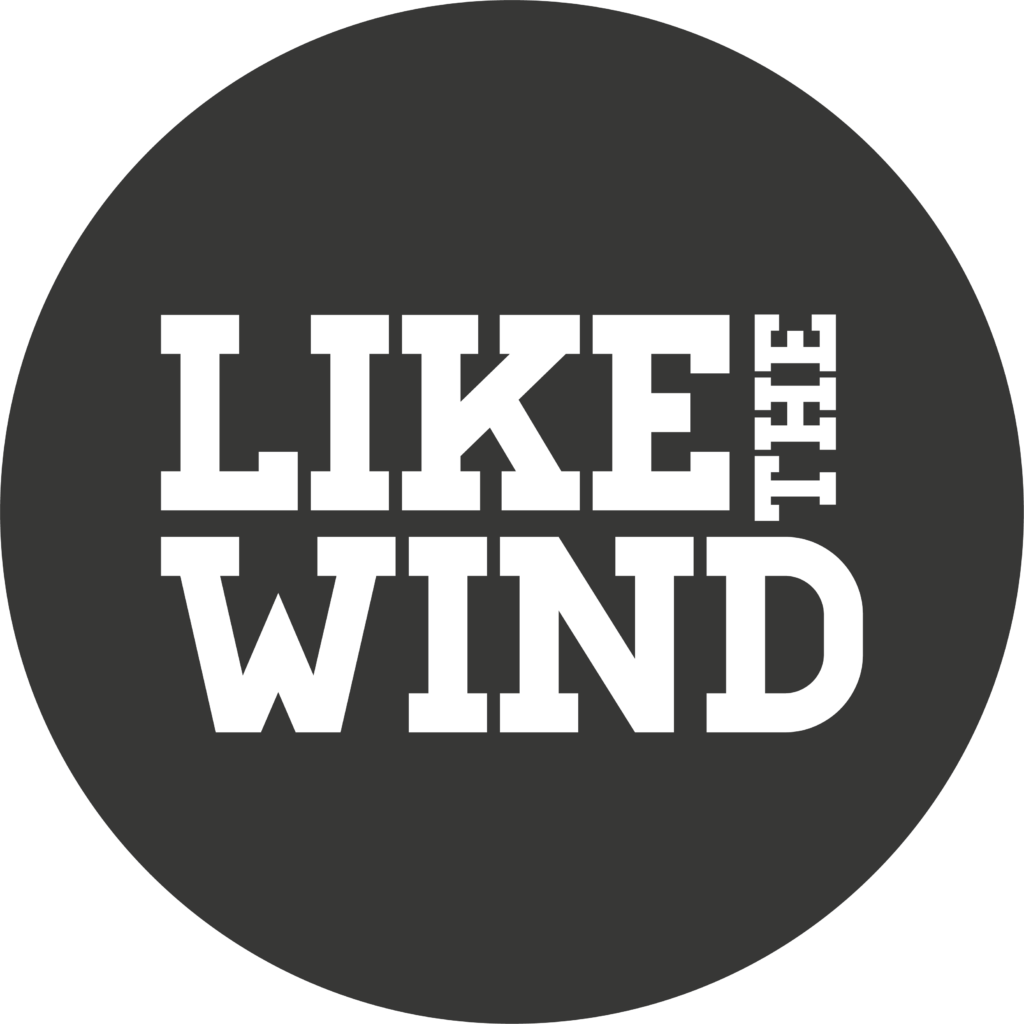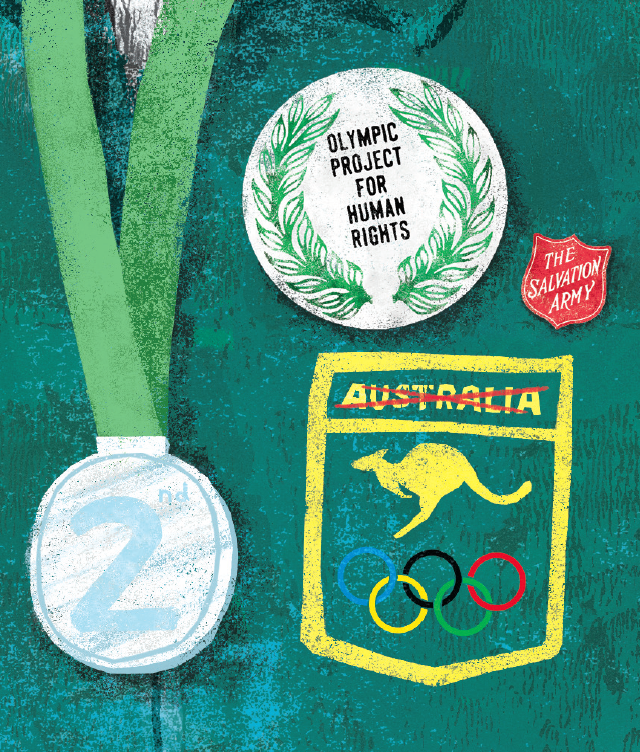‘Forgotten Champion’ by Josh Engel originally appeared in Issue #18 of Like the Wind Magazine
__________________________________________________________________________________________________
What I love most about running? Going fast. I am sure this is the case for almost all of us: the desire to do better, to run faster, to gain that ever-elusive PB.
After several years of running I have come to value the running community. The comradery of enduring a long run together, volunteering as timekeepers, or suffering through intervals. I look forward to heading down to my local parkrun on a Saturday morning and lining up alongside mums, dads, little kids, personal trainers, amateur runners, fast runners, slower runners, everyone (even the occasional Olympian shows up and keeps us humble). We all come together for the same purpose: to run. Of course we all want to do our best and to run as fast as we can, but we unite around the run and the community that allows anyone, from all walks of life – simply to enjoy running and the freedom it brings. Running is a powerful platform for community, for people to have a voice.
Community hasn’t always been like this, which is what strikes me so much about the story of Peter Norman – a man you have potentially never heard of, but you should have. He boasts a remarkable story of determination, courage and a desire to do what was right – all of which manifested themselves through running. He used his running for the good of mankind, to show that running is for all and done by all.
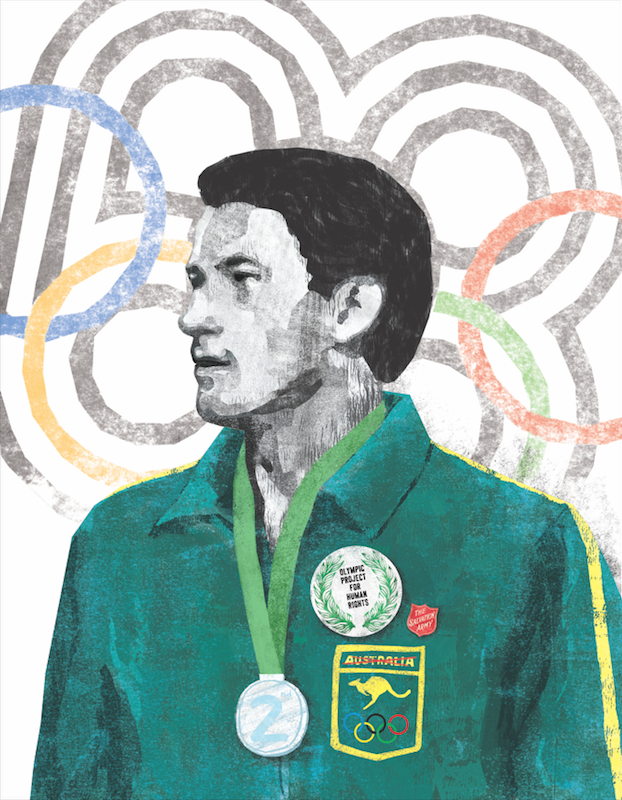
Peter Norman was born and raised in Melbourne, Australia, and brought up in a relatively poor Salvation Army family. The values of integrity and honesty espoused by the church shaped Norman to respect and appreciate all mankind. The teaching that all men were made equal, free and valuable sunk deep within Norman. It was this strong conviction that enabled him to take the opportunity presented to him at the Mexico Olympics.
It’s 1968 in Mexico. The Olympic Games. The 200m men’s final is about to take place. The gun goes off. It is an incredible race, run in record time. As expected, American runners take medal glory – Tommie Smith and John Carlos bring home gold and bronze. However, Norman, the little-known Australian, takes the silver with a time of 20.06s (a national and Oceanic record that still stands to this day). Most of us are aware of what happened next, even if we don’t know it. You’ll doubtless be familiar with the famous photo of two African-American athletes standing on a podium with defiant fists raised in the iconic Black Power salute? That photo is from the medal ceremony for the Mexico Olympics’ 200m men’s final.
Imagine the context of this for a moment. It’s the 1960s – a time of great political unrest, instability and upheaval in America. The Black Panthers and other civil rights groups are antagonising an unsympathetic government. Martin Luther King Jr was assassinated only months before the Olympics. Some of the African-American athletes attempt to mount a boycott of the Olympics as the American civil rights movement gains more and more momentum. Meanwhile, in Australia, the indigenous community is also struggling, striving for equal rights. This is the political and cultural milieu that makes up Peter Norman’s world as he sprints 200 metres in Mexico.
Smith, Norman and Carlos run not just for their country, but for their rights and freedoms as humans.
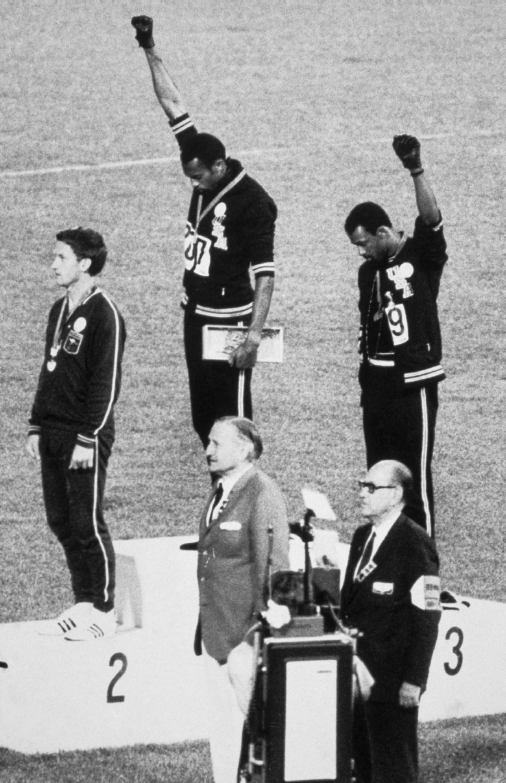
Peter Norman stood beside these men in a show of solidarity. He didn’t raise a fist but, rest assured, he made a bold statement. The photo is powerful. The two Americans with fists held high. Norman standing stoically still. Originally he was thought to have been unsupportive of the Olympic Project for Human Rights – an organisation formed in 1967 with the aim or organising a boycott of the Mexico games and through which Smith and Carlos made their political stand. Norman was thought to be an “innocent bystander”, but he was wearing a badge in support of these men as he stood by their side. Smith and Carlos had told Norman what they planned to do and Norman, instead of backing down or looking for a way out, vowed to make a stand with them. He borrowed the badge from a white American athlete and stood proudly on the podium.
This wasn’t just a fight for African or black Americans – it was a fight for all of mankind, for common humanity, for equality
It is this seemingly small act, this tiny badge, that led to so much controversy and hurt following Peter Norman’s short running career.
As both Carlos and Smith have said, this was a fight that didn’t directly relate to Norman – they saw it as something that wasn’t his to fight for, something removed and distant to him. They were touched and taken aback that he wanted to wear a badge and make an active symbol for their cause. But Norman thought differently. This wasn’t just a fight for African or black Americans – it was a fight for all of mankind, for common humanity, for equality. He saw many parallels between the African-American struggle and the plight of the indigenous people back home. Through running, he now had the opportunity to show his support, make a stand for justice and show the goodness in mankind. Suddenly, why he ran became so much bigger than how.
It was this stand, this moment, this decision that was to define the rest of Norman’s career. He would no longer be remembered for the amazing race he had run, the record he’d set, and the silver medal he had earned. Now he would be remembered for what was to be seen as a form of political and cultural dissent. Upon his return to Australia, Norman was neglected, not honoured. He was shunned from the athletic community, he was left off rosters and forced out of the national team. So much so that in the following Olympics, Australia did not even enter a competitor for the 200m – despite Norman easily qualifying.
He was viewed as a “problem”, a troublemaker, as someone standing for racial equality in a time where racism was widespread, embraced and even encouraged. He was a thorn in the side of the powers that be, both political and otherwise, simply for taking a stand over what he thought was right.
He was, and remained for many, many years in Australia, a forgotten hero. A neglected champion of equality.
But Norman knew the world was bigger than a running race. Despite being disowned by his own country and athletic community, he forged a strong and deep friendship with Smith and Carlos – one that endured for many years. In fact, he was celebrated (and made an honorary member of) the American athletic community long before many Australians knew who he was. Smith and Carlos are
visibly moved any time you see them talk about their mate Peter Norman. Smith and Carlos even gave eulogies and were pall-bearers at Norman’s funeral, reinforcing the deep human connection they made on that podium 50 years ago.
The impact Norman had reaches far beyond the track, from the broader running community to humanity itself.
Thankfully, within the past year, Athletics Australia has decided to honour Peter Norman for the humanitarian he was. His home state of Victoria celebrated “Peter Norman” day on the 9 October (the same day the US athletics community has celebrated Peter Norman for the past 12 years) and a statue is due to be erected in his honour. Athletics Australia and the Victoria state government have apologised to his family and he has received merits posthumously. And while Norman would be grateful for this, being the humble man he was, I feel he would simply say “I just did what I thought was right.”
So, yes, Norman was a great runner. He ran a PB – an international record, even. But, more than that, he used his running for the greater good. He helped unite the biggest community of all: humankind. He ran, and stood, for mankind. For the rights of all peoples, regardless of background, culture, race, to participate in the great sport of running. To participate in this great race we call life.
If you are interested in knowing more about Peter Norman and his story, it is worth viewing the documentary Salute made by his nephew, Matt Norman.
Josh Engel, an Australian English and history teacher, is an amateur runner and sport enthusiast. A husband who is thoroughly grateful for his wife’s editing skills and attention to detail. A glutton for all good things in life, constantly seeking fun and the next adventure or opportunity.
Jamie Waller in 10 words: illustrator, runner, atheist, liberal, film-maker, creative, hilarious, handsome, genius… modest. IG: Jamie Waller Illustration
